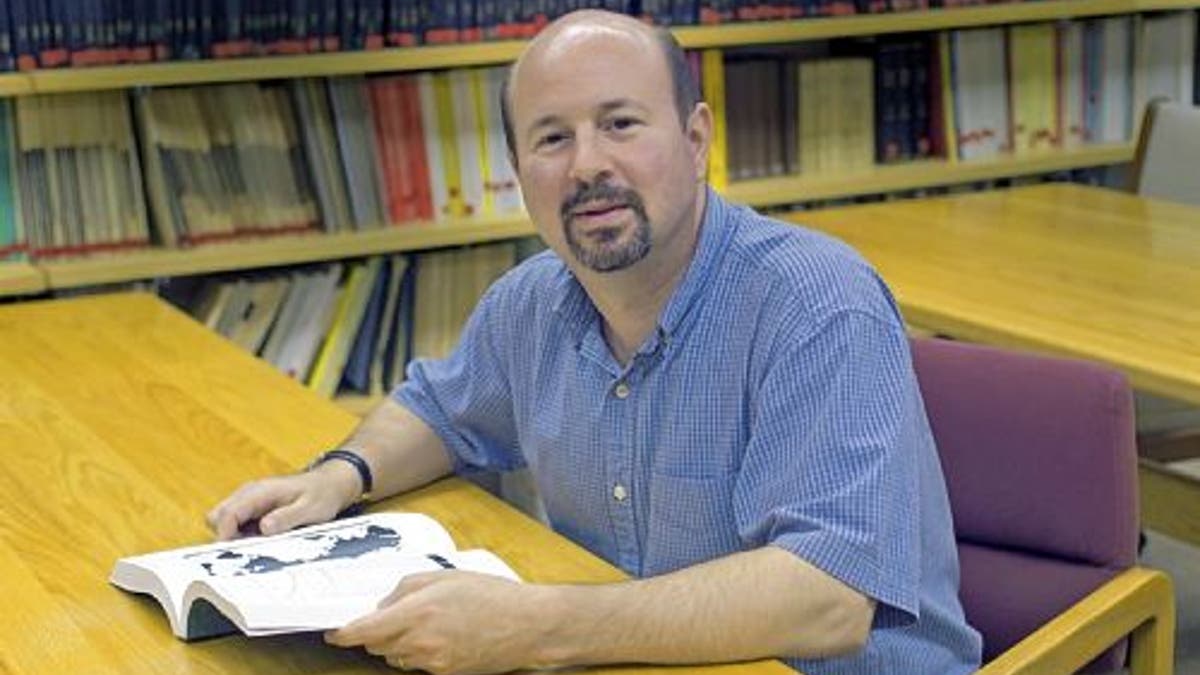
Penn State climate scientist Michael Mann
A legal battle is heating up faster than the planet for embattled climatologist Michael Mann.
First word emerged that the inspector general for the National Science Foundation would look into the Penn State panel reviewing the climate scientist, who is currently director of the school's Earth System Science Center. Now the attorney general for his old employer the University of Virginia is planning an investigation, too.
According to a report in Charlottesville weekly The Hook, Virginia Attorney General Ken Cuccinelli has asked the University of Virginia to produce "a sweeping swath of documents relating to Mann’s receipt of nearly half a million dollars in state grant-funded climate research" conducted while Mann was at UVA between 1999 and 2005.
Should the AG uncover evidence of impropriety, the school could be commanded to return the funds, and pick up the cost of the AG's investigation.
The paper, tipped off by anonymous sources, has posted a PDF of Cuccinelli's formal request, a legal document called a civil investigative demand. In that letter, he demands production of information and documentary material relating to three papers Mann authored while at UVA, using a total of $484,875 of state grant money.
Read the Attorney General's Letter
Read the Attorney General's Note to UVA Rector John Wynne
“Since it’s public money, there’s enough controversy to look in to the possible manipulation of data,” Dr. Charles Battig, president of the nonprofit Piedmont Chapter Virginia Scientists and Engineers for Energy and Environment, told the Hook.
A spokesman for the attorney general told FoxNews that he was unable to comment on the case, explaining that "we can't comment on whether there exists an ongoing investigation or anything like that."
But the University confirmed that it had received the letter. According to spokeswoman Carol Wood, "the University has received the CID from the state's attorney general regarding Michael Mann's work. Because of the scope of the request for information it will take some time for us to review it and decide how best to proceed with gathering information."
Wood confirmed that the school would respond by May 27, as the AG requested, stating "the University has a legal obligation to answer this request and it is our intention to respond to the extent required by law."
The geology professor's 1998 climate study, which showed a sharp increase in the world's temperatures in the past century, was seen by many as proof that climate change was rapidly occurring and that humans played a significant role in the change. Despite ongoing criticism, the study formed the backbone of global warming theories -- until leaked e-mails cast fresh doubt on Mann's methodology and integrity, notably "the trick" he used to make his data so compelling.
It was those e-mails, stolen from British university East Anglia's climate study group, that sparked Penn State's probe into Mann's work. On Feb. 3, he was exonerated on three of four charges, and the investigation of the fourth charge will be concluded by June 3. And that's when the NSF's top investigator could step in.
Meanwhile, controversy has been growing around the validity of the hockey stick graph. Britain's top statistician recently blasted Mann for exaggerating the size of global warming.
Professor David Hand, president of the Royal Statistical Society, told the Telegraph that Mann's research would have shown less dramatic results if more reliable techniques had been used to analyze the data.
"The particular technique they used exaggerated the size of the blade at the end of the hockey stick. Had they used an appropriate technique the size of the blade of the hockey stick would have been smaller," he said. "The change in temperature is not as great over the 20th century compared to the past as suggested by the Mann paper."
